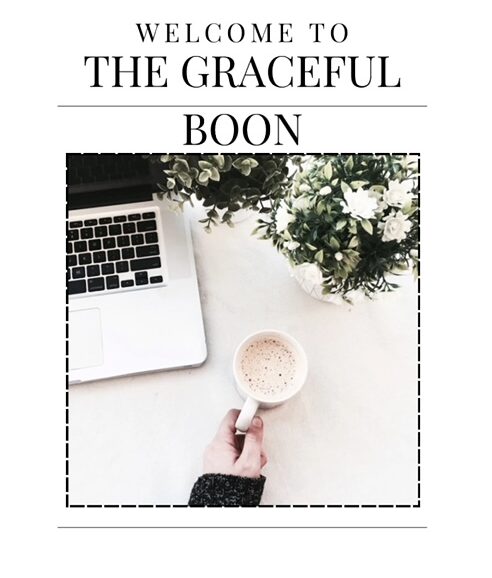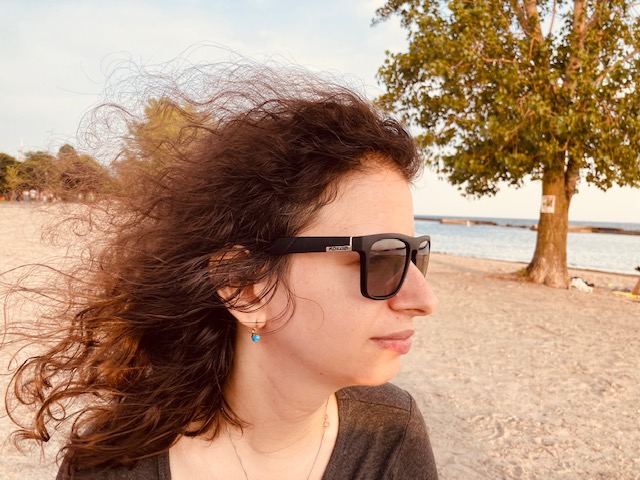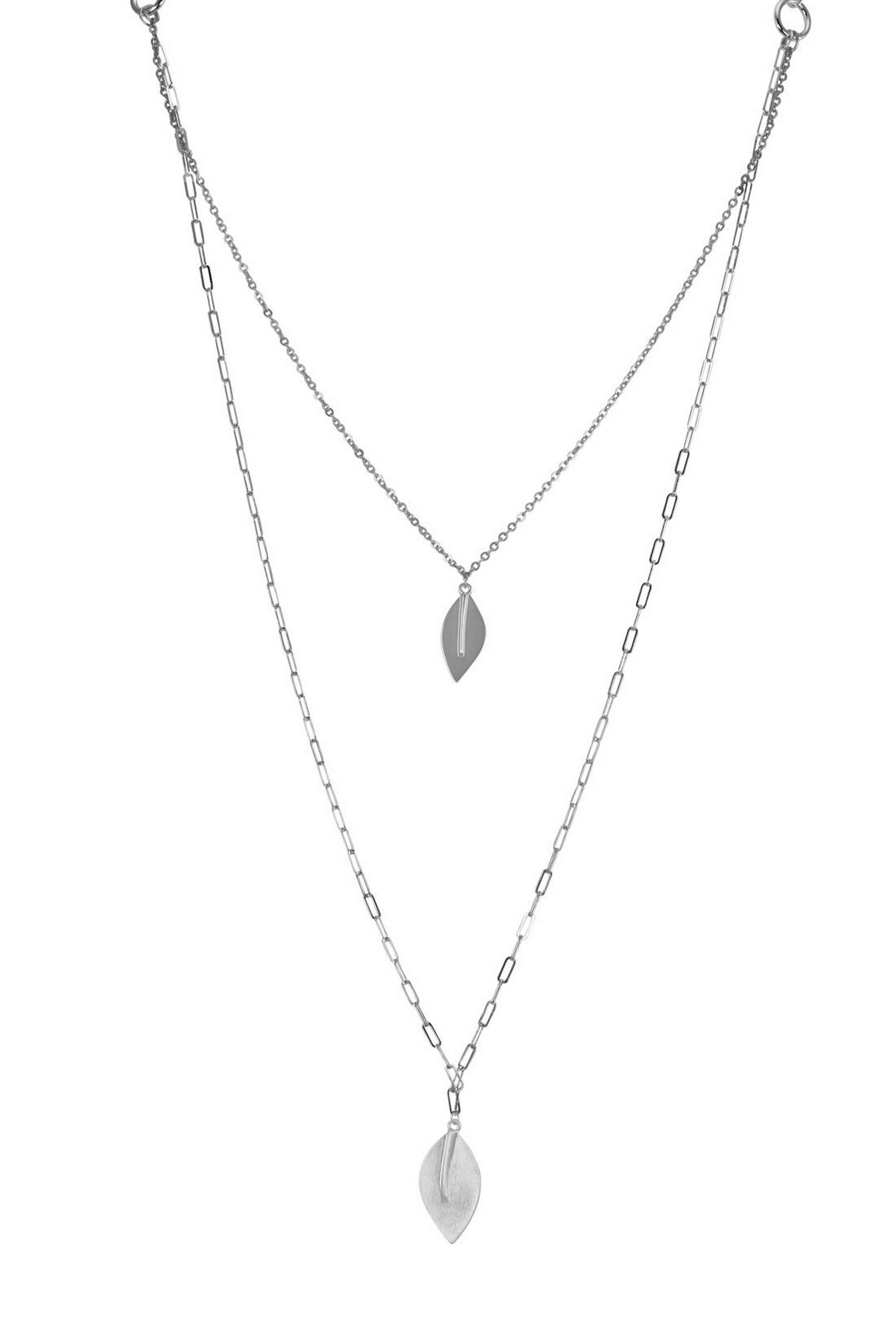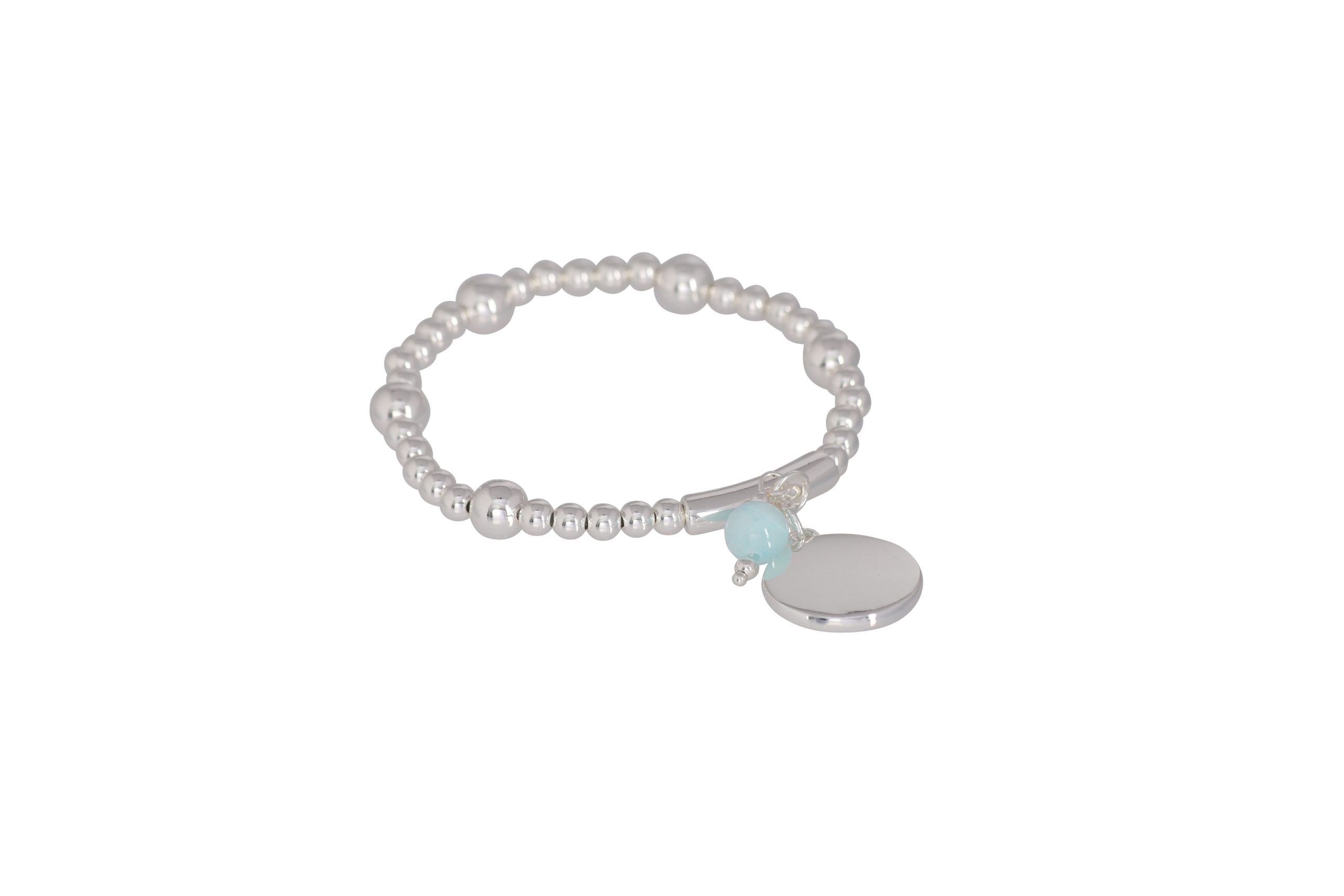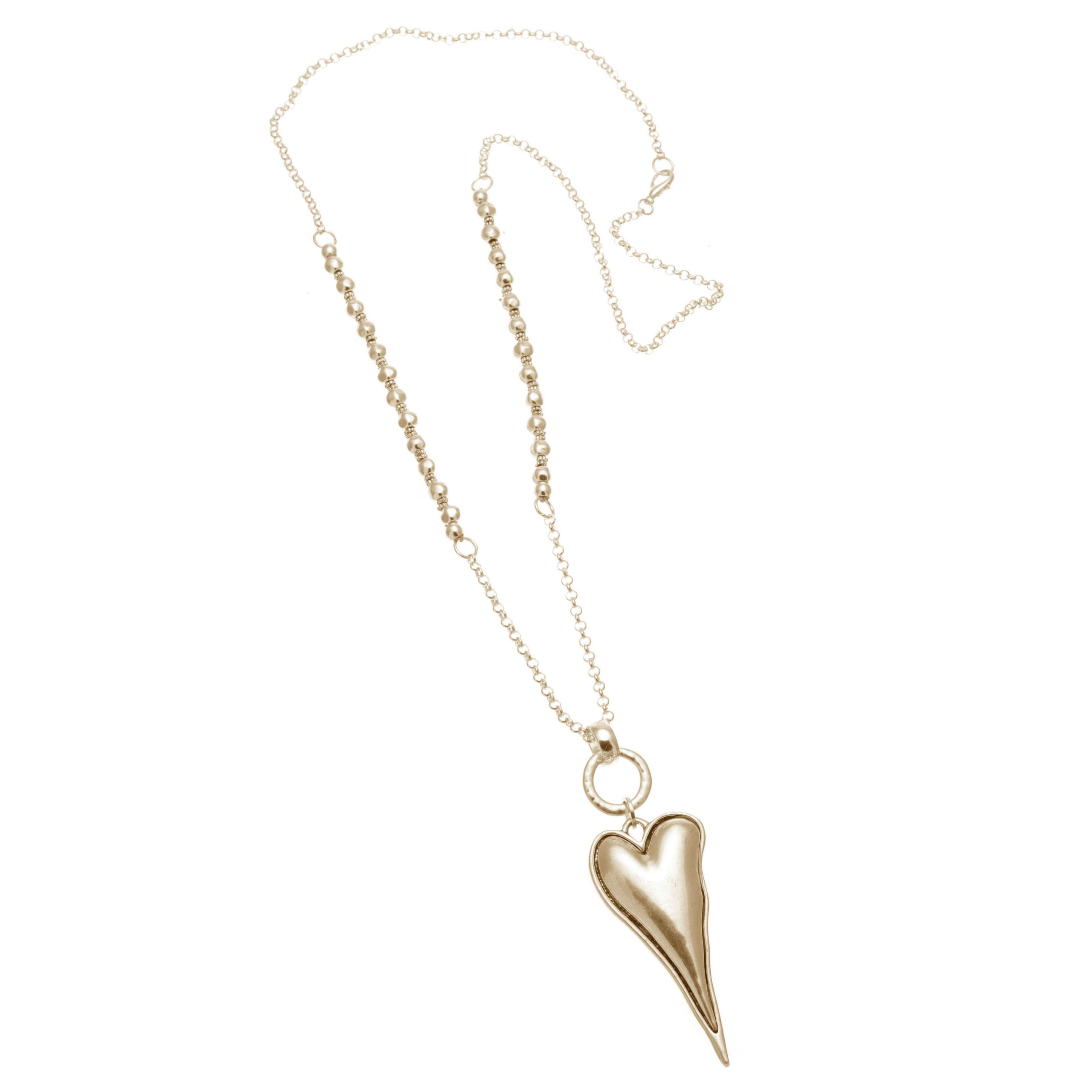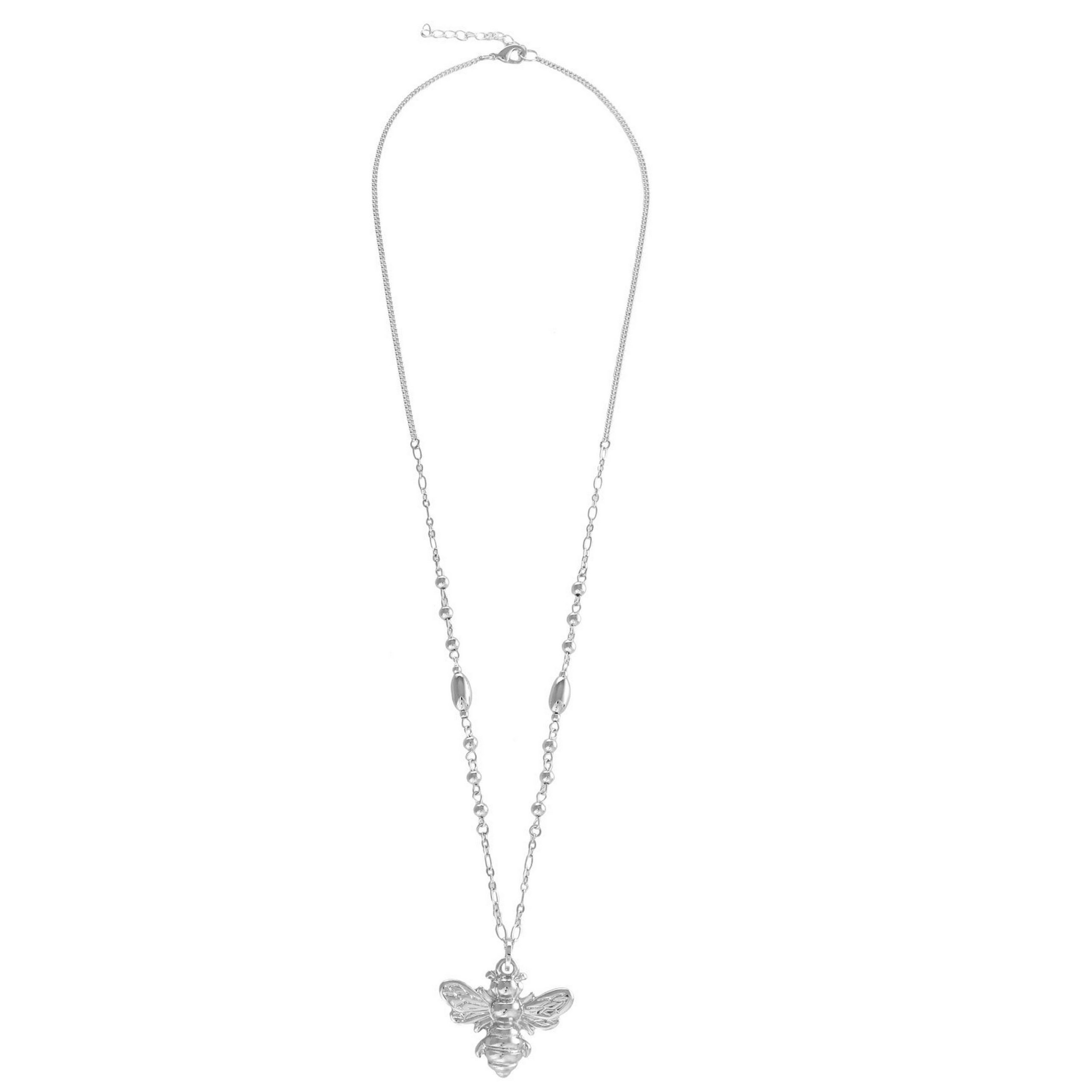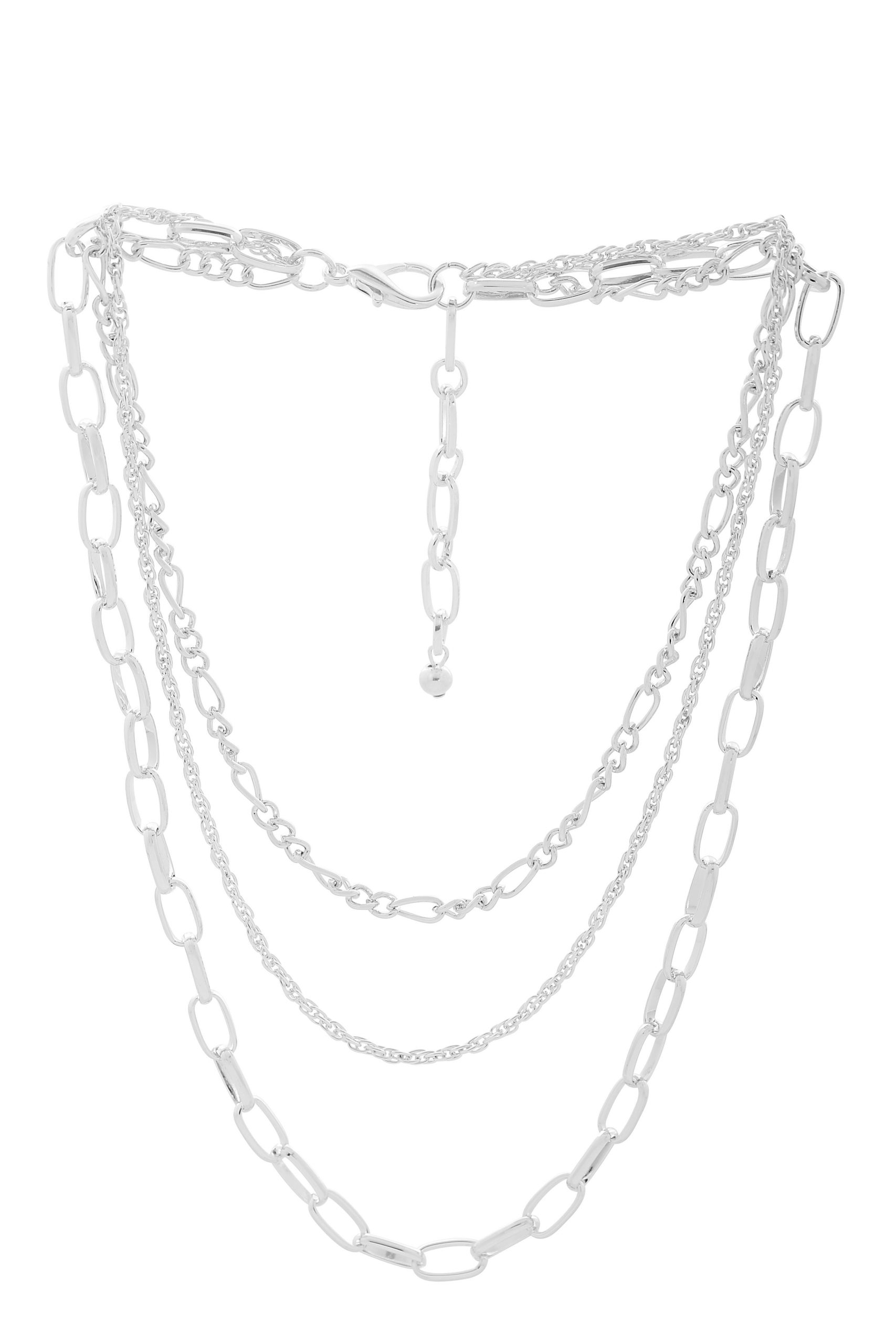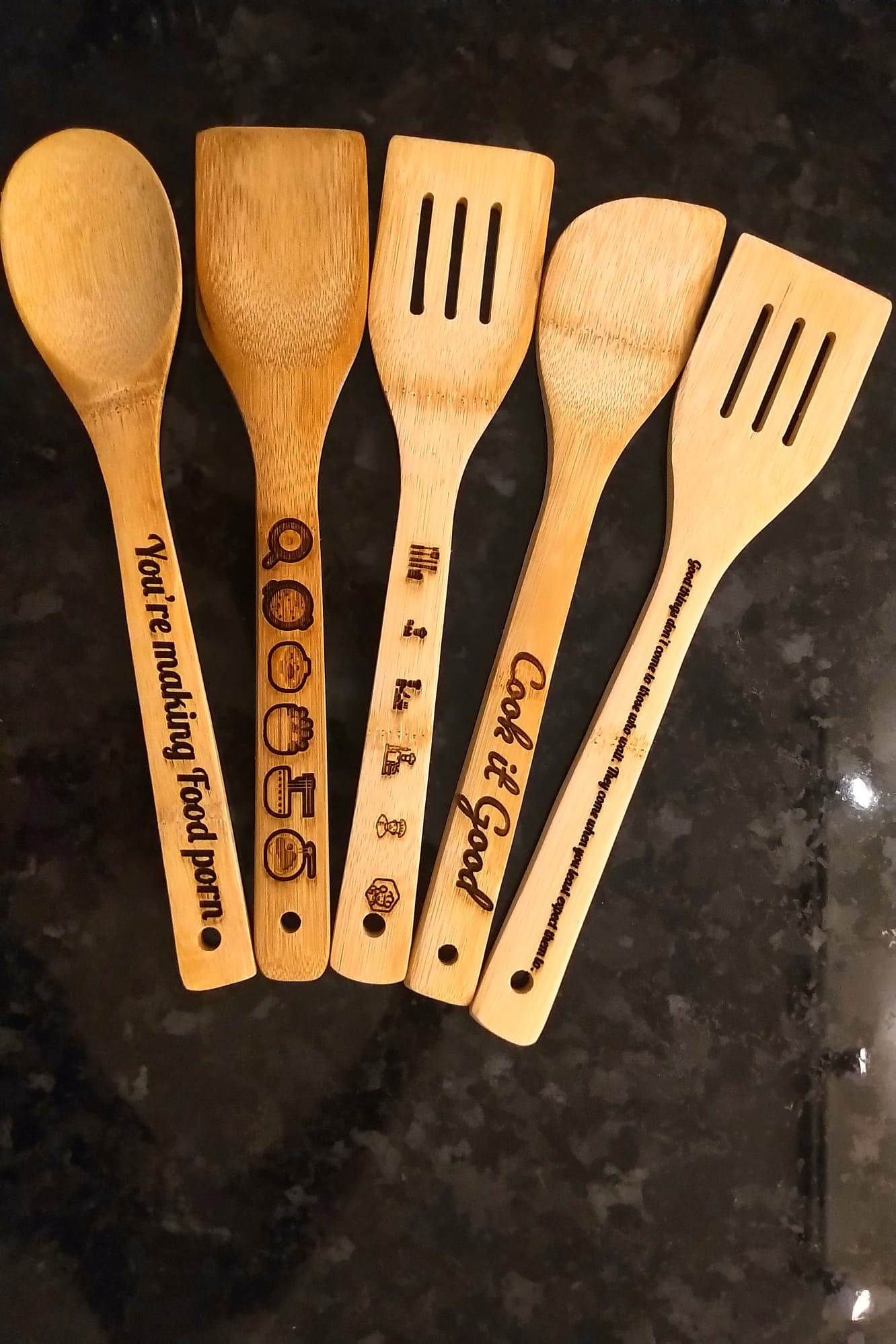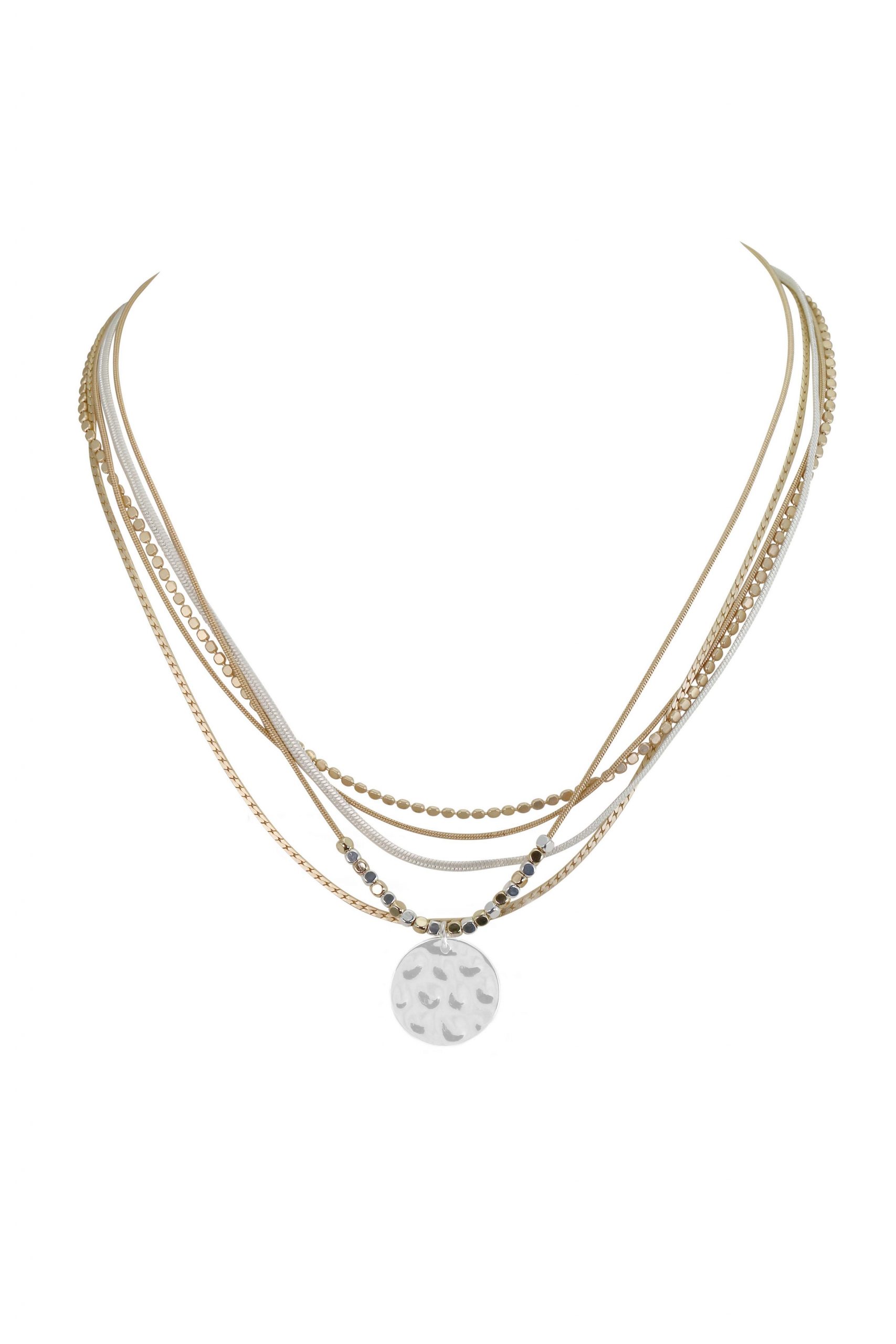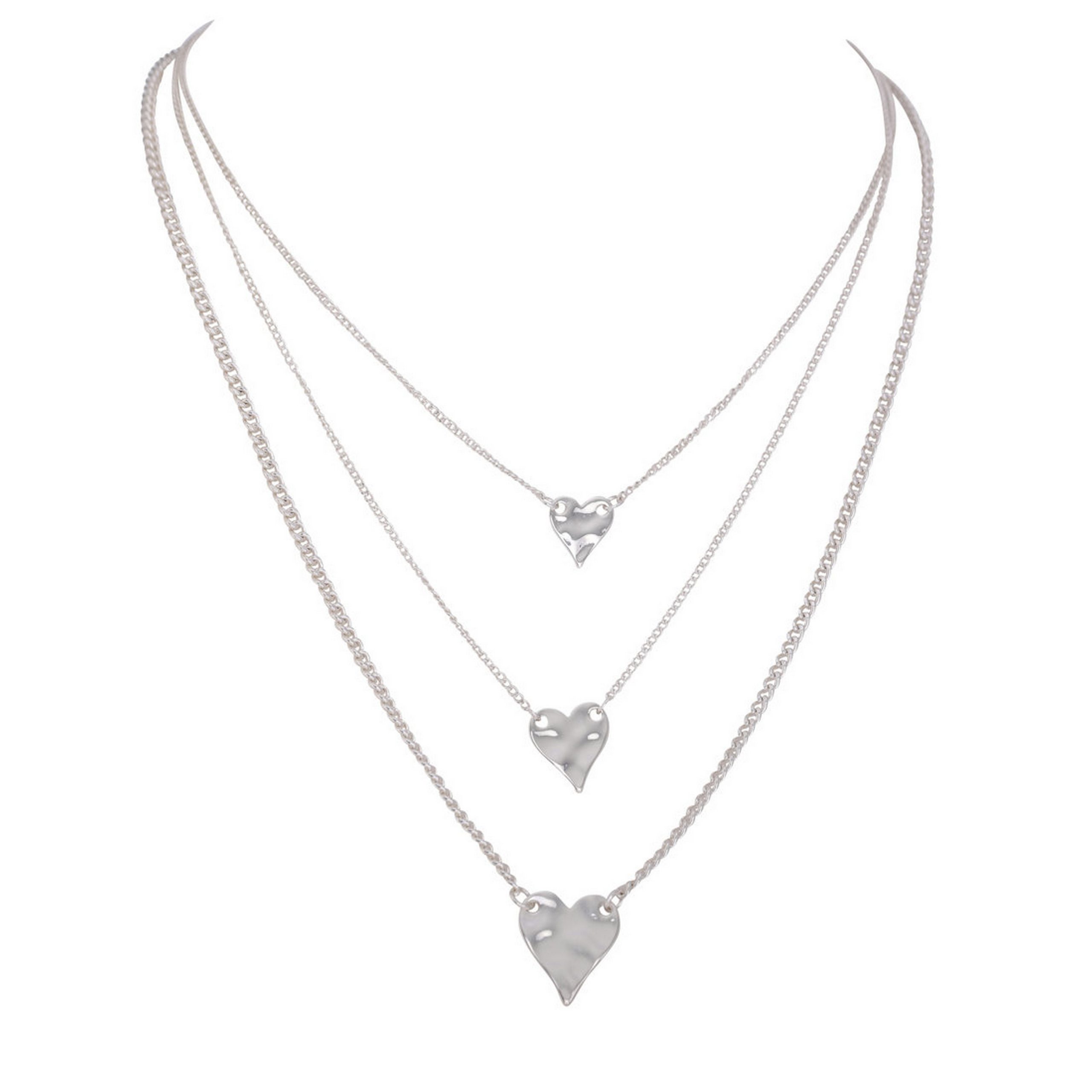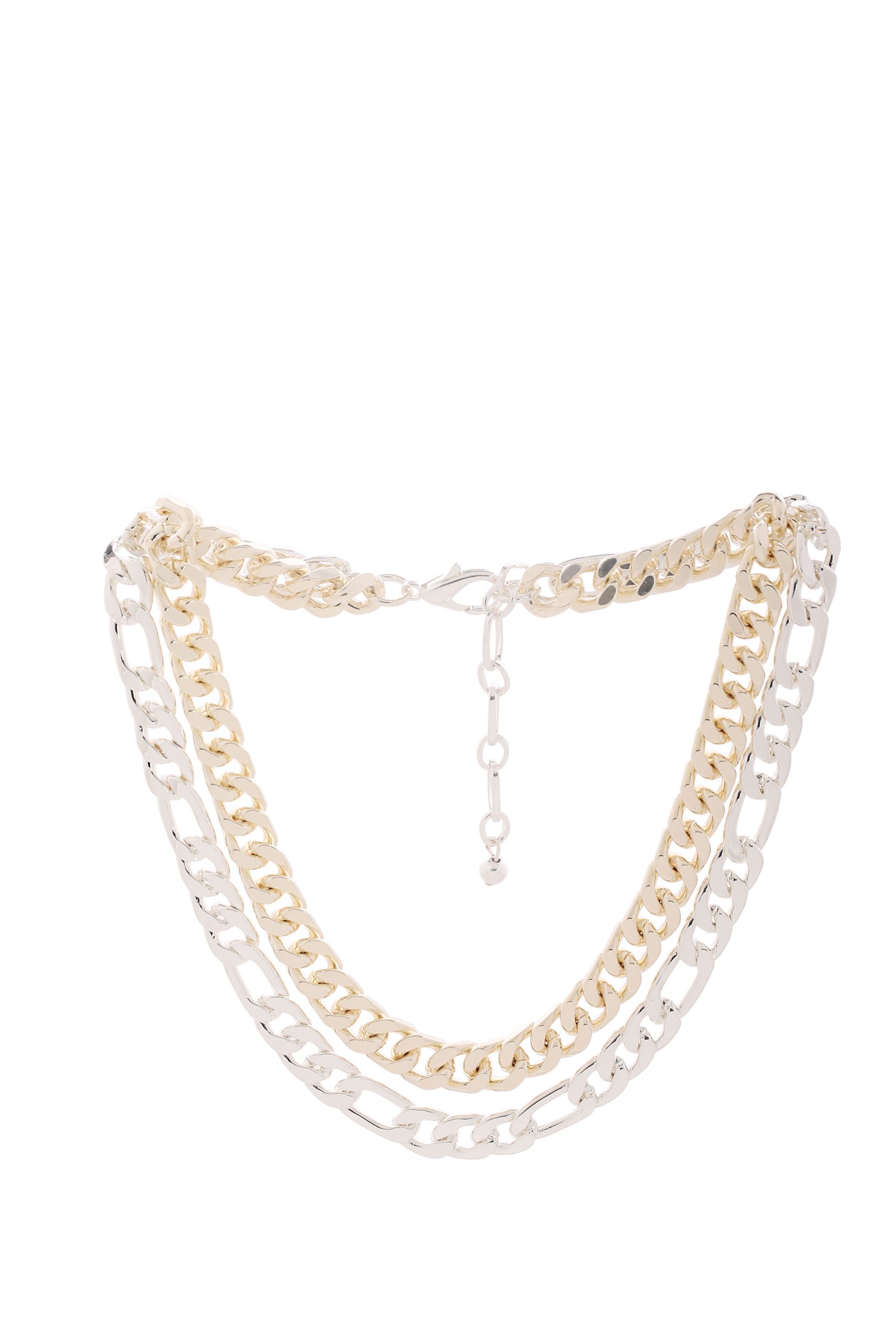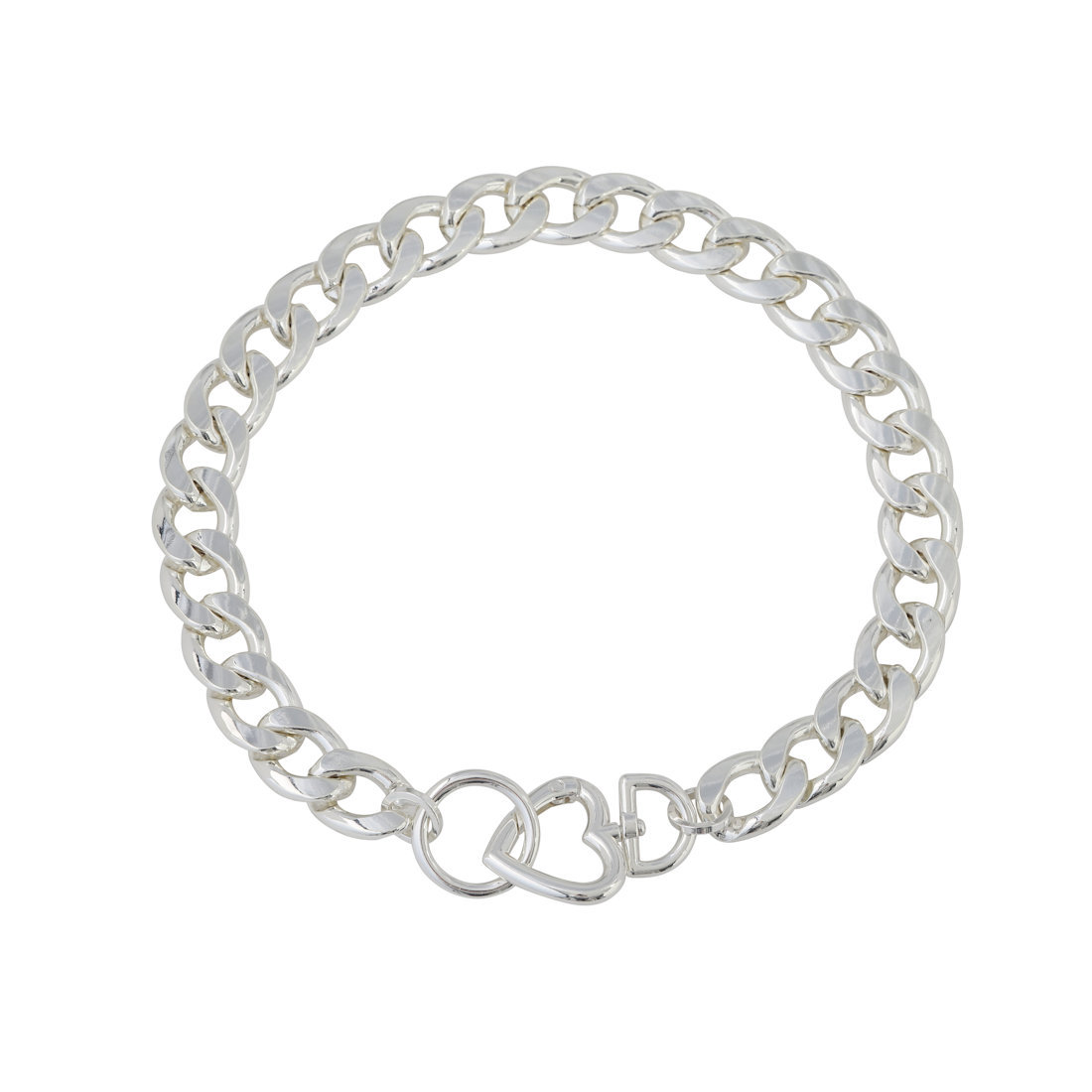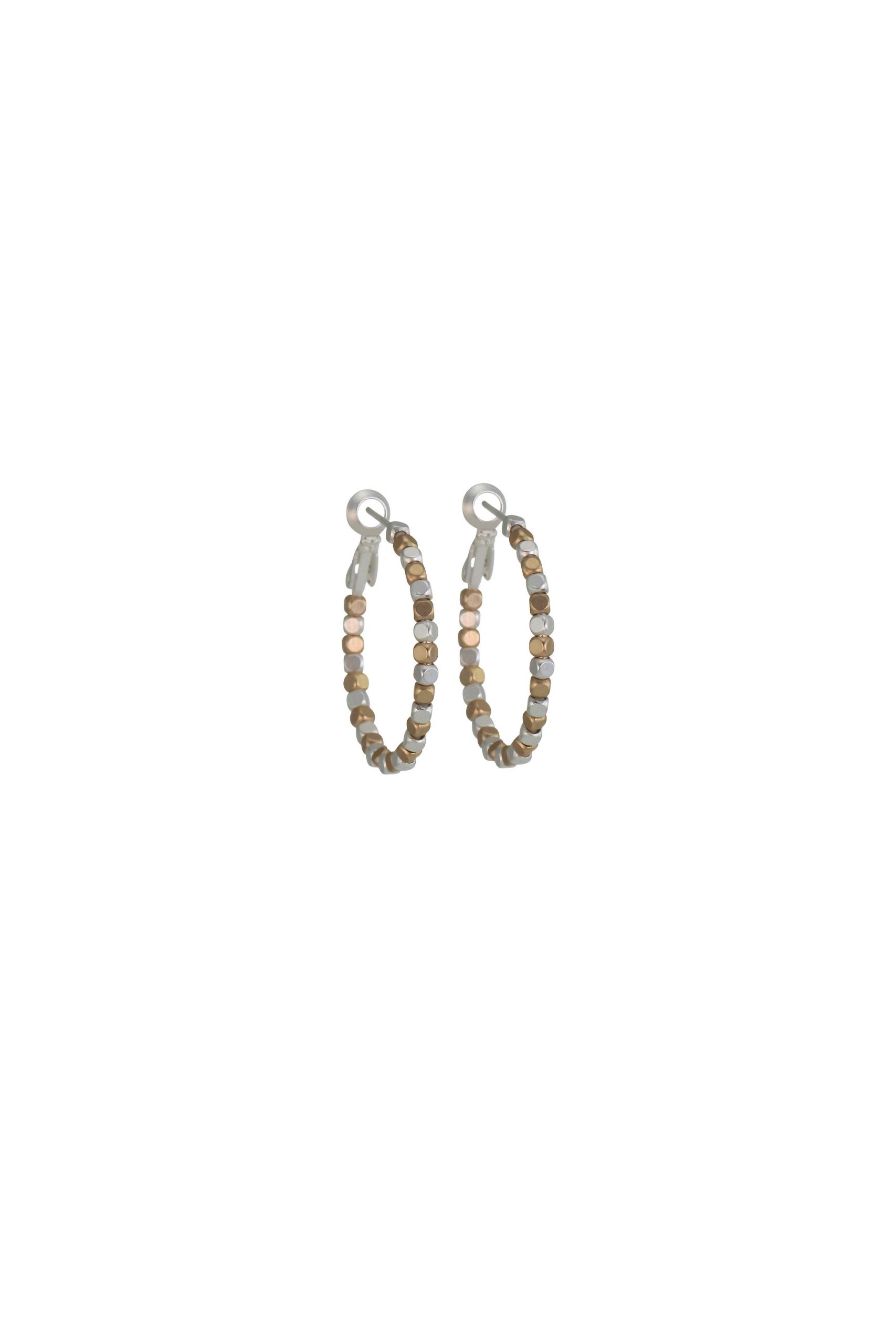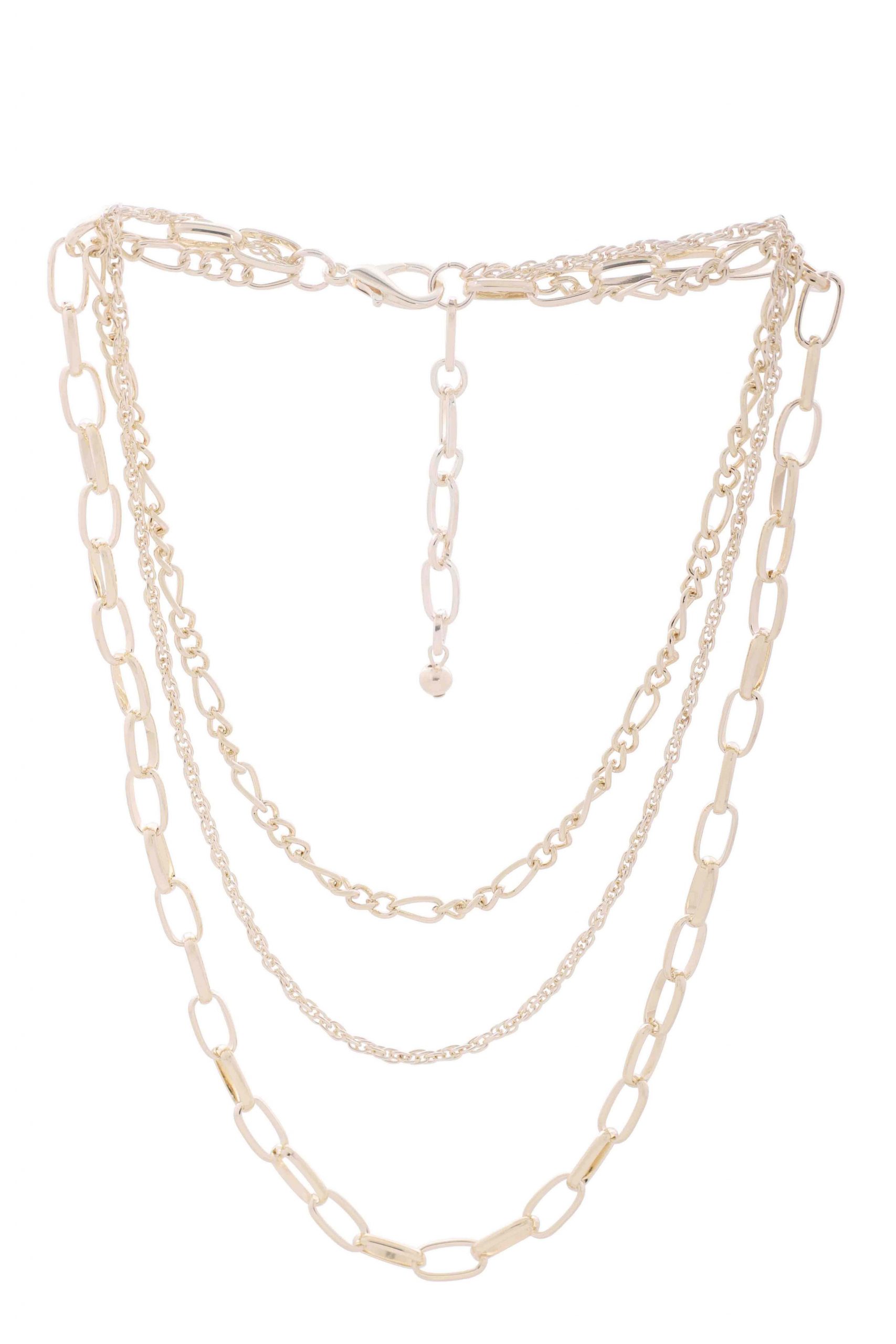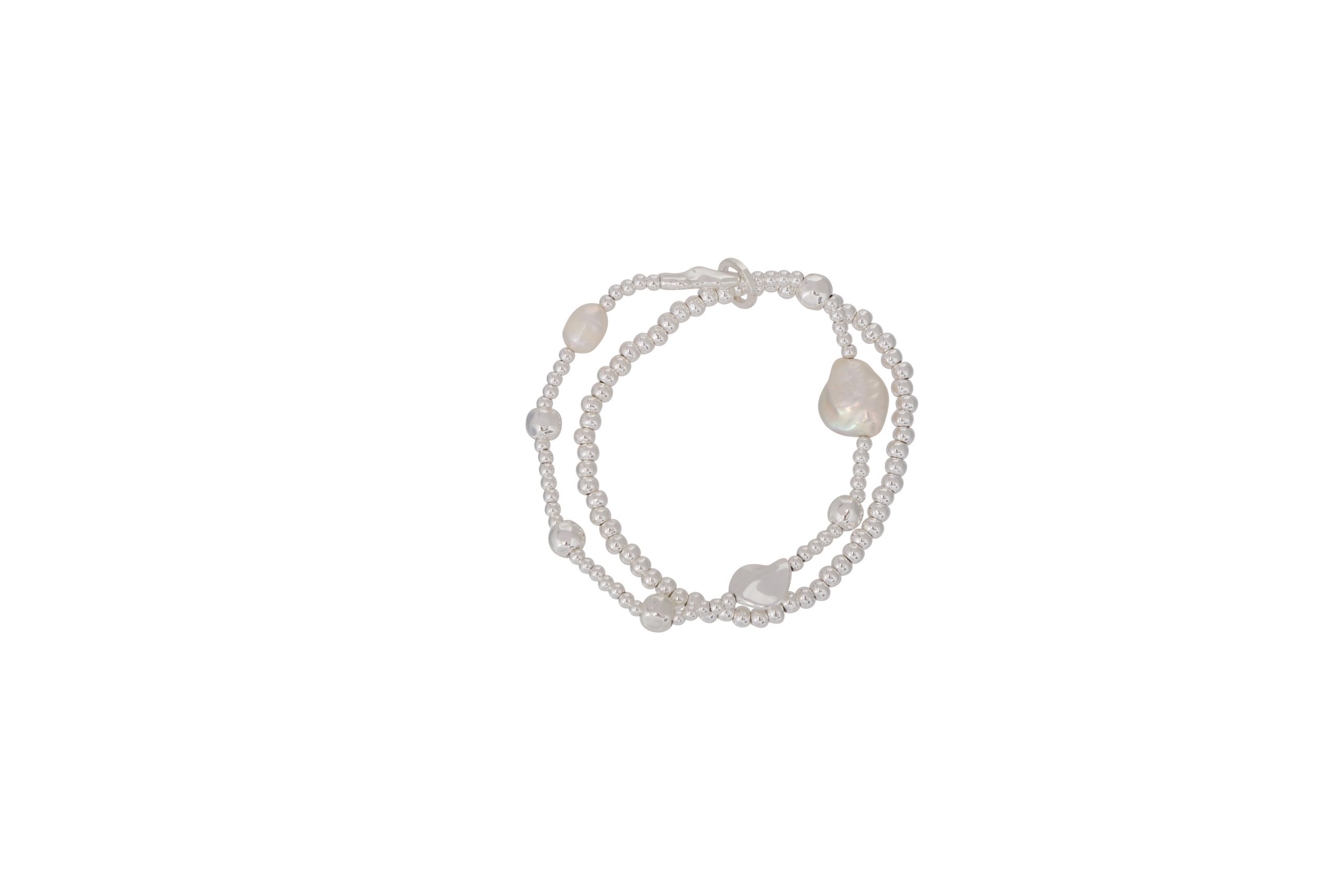I realize I don’t talk much about my life with cerebral palsy on this blog. I’ve had it all my life, unlike the rest of my illnesses, so I technically should write about it and know of it the most. Truth be told, though, it’s anything but that. A lot of the time, even before I was diagnosed with epilepsy in my 20’s, I wouldn’t be able to give a proper answer if someone asked me what cerebral palsy was. I guess it didn’t have as much of an affect on me as an adult, so there’s nothing really to write about. You, as well as well as I, will have to see how cerebral palsy will have an affect on me physically as a mother once my son is born in just a few short months. But for now, it is what it is….
I recently watched ‘Backstage with Katherine Ryan’ on Amazon Prime. For those of you that don’t know, because I certainly didn’t before I came across the show, Katherine Ryan is a Canadian-born comedian, writer, presenter, and actress who’s now based in United Kingdom. The new show is where she invites fellow comedians to showcase their talents and give them a platform to perform their own original skits to a wide U.K audience.
Out of all the guest comedians that performed throughout the 6 episode arc, there was one who stood out for me, and that was Rosie Jones. She’s not only a comedian, but also a writer and LBTQIA+ and disability advocate. She even wrote an episode for the hit Netflix show, ‘Sex Education.’ It wasn’t her skit, or at least the bits of it that were shown on the show, that caught my eye, but rather the scenes shown of her preparing to go on stage, as well as the scenes of Katherine Ryan trying to come up with ways to introduce her to the audience while considering the fact that she has a disability. It wasn’t that Katherine Ryan was worried that Rosie Jones would get offended. Instead, she was thinking of how the audience would perceive her jokes about a disabled person. That was something new and refreshing for me to see as a viewer. It was particularly refreshing for me to see this particular type of care as a disabled person myself.
Political correctness was something that started making waves when I was growing up. I remember the times where it’d feel as though the people around me, like classmates that I really wanted and attempted to get to know, were afraid to talk to me or have a. conversation with me because they were afraid to offend me due to my disability. It was absolutely frustrating because I couldn’t make connections with those I considered to be my peers because they didn’t consider me to be their peer. Hence, I was practically stuck being friends with other teenagers who had cerebral palsy that I met through a camp geared towards people with disabilities. My parents sent me there from the very first summer we spent in Canada. I went there for four summer until I told my parents, ‘No more.’
Despite me not attending summer camp anymore, I continued being friends with my disabled friends because there was no one else around who didn’t see me as their charity case or an excuse to have a pity party due to people that I considered to be my peers not seeing me as theirs because they were afraid to offend me. I wrote a lot more about this in my blog post, ‘DISABLED PEOPLE: A PETTY PARTY OR AN INSPIRATION TO US ALL?‘ I was friends with them for roughly a decade. The friendships ended as soon as I met my now-husband. With meeting my husband, I gained new experiences and made new friends who saw past my disability and didn’t treat me any different. I didn’t allow them to. I was aware enough at that point in time not to allow them to, and it was at that point in my life that I told myself that if anyone even attempted to treat me as ‘the disabled girl’ or ‘the girl who has cerebral palsy’, they’d be out of my life for good.
With that being said, I couldn’t relate to my old life anymore. I couldn’t relate to that life from the very beginning and felt stuck in it due to the absurd political correctness that was surrounding me. That’s not to say that my old friends were bad people. They weren’t. But they weren’t people I was friends with by my own choice. As a child and a teenager, I felt that political correctness took the life I wanted away from me when. Now political correctness has gone on a whole other level. People get offended too often and/or are afraid to offend too often. That’s why it was so refreshing for me to see Katherine Ryan’s approach to introduce someone with a disability so publicly. truth be told, though, she shouldn’t have cared what the audience’s reaction would be either. It’s not all offensive and not everything people say towards people with disabilities, or any other group of minorities for that matter, is offensive. My approach to the matter is…
If a comment or a joke isn’t funny, it doesn’t mean it’s offensive. It just means it’s not funny. People are entitled to have their own opinions and their own sense of humour.
Sign up to our newsletter if you want to see more content from The Graceful Boon! By signing up to our newsletter, you'll get an even more in-depth content from yours truly, Stacie Kiselman, who's our Graceful Boon, that you won't want to miss out on.
